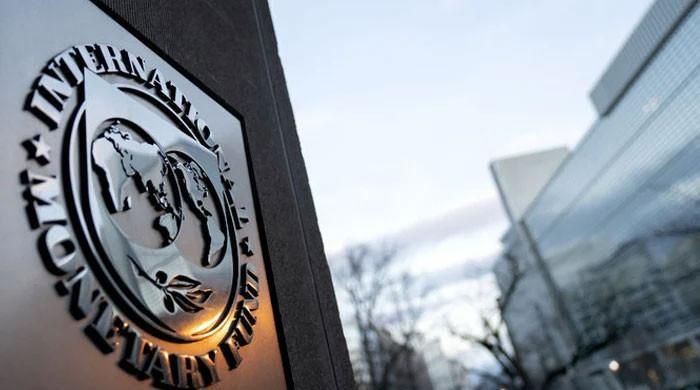- The Fund conveys its budget expectations to the government of Pakistan.
- It will consider the next package after the budget is approved by parliament.
- government raise electricity and gas rates to secure agreement with IMF: sources.
ISLAMABAD: The International Monetary Fund (IMF) has told Pakistani authorities that the next bailout package under the Extended Fund Facility (EFS) will be considered only after presenting a next aligned budget and getting its approval from parliament, according to a News report.
This agreement could pave the way to start formal parliaments and sign a staff-level agreement to close the new rescue package with the possibility of increasing it through climate financing in the range of $6 to $8 billion. Due to the deadlines, it seems possible only in July 2024.
“In the 2024-25 budget, the government will have to demonstrate its ability to increase the revenue of the Federal Bureau of Revenue (FBR), generate primary surplus by reducing expenditure and undertake structural reforms to limit the losses of state-owned enterprises ( SOE). “The government will have to increase electricity and gas rates in July and August 2024 to reach an agreement with the IMF,” senior official sources confirmed to the publication on Wednesday.
The Finance Ministry had organized a dinner in honor of the visiting IMF team led by Nathan Porter on Tuesday evening in Islamabad, where the ongoing talks were expected to conclude.
Now, the upcoming budget for 2024-25 will become a test for the current regime to demonstrate its ability to meet the IMF's strict conditions.
The visiting IMF team had obtained relevant data from all major economic fronts and informed the relevant authorities what kind of budget the Fund staff would like to see in 2024-25.
The IMF prescription is very clear: the government will have to come up with a roadmap to increase the tax-to-GDP ratio, which could further decline to 9% of GDP for the current fiscal year.
The FBR has been struggling to raise Rs 9.415 trillion, but independent tax experts predict that they could face a shortfall in achieving the desired target. If FBR collects Rs 9 trillion in the outgoing fiscal year, the IMF will ask it to increase the collection to over Rs 12 trillion in the next budget. Therefore, the FBR will have to add Rs 3 trillion in the next budget in the presence of a nominal growth rate of 16%.
The non-tax revenue target will also increase substantially, so a carbon tax is also being considered in the next budget.
On the expenditure front, the government will have to rationalize expenditure on state-owned enterprises, pensions and subsidies as a whole to reduce current expenditure. On the development front, the federal government will abandon provincial natural projects starting next fiscal year.
Regarding the rationalization of rates, the IMF has asked to increase the electricity rate by raising the baseline, adjusting the price of fuel and adjusting rates quarterly. The gas rate will also increase.
Regarding solar net metering, the government decided to hire a Chinese consultant and others to study it independently because the net metering system was causing damage to the DISCO networks and multiplying problems for the transmission and distribution system, in addition to increase the fiscal problems of energy that was bleeding money. sector.
It is estimated that the solar panels could generate 6,000 megawatts of electricity and the consumption drops significantly in the winter season, so what will happen if there will be no user of the generated energy in the next winter season? Thus, the energy sector has entered a real mess and the power of the authorities to maneuver in a complex and difficult situation has decreased.
A senior official told this correspondent that they wanted the visiting IMF team to avoid front-loading the next IMF package to protect the social fabric of the society as the country had persistently experienced the highest inflationary pressures in recent years. years. .
Originally published in The News












